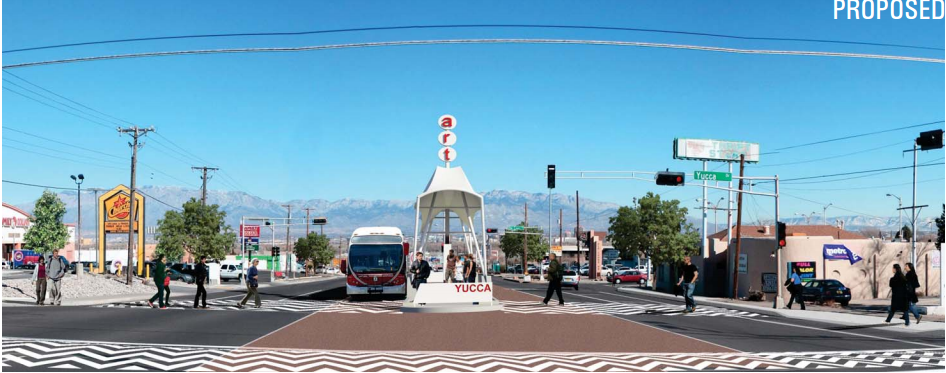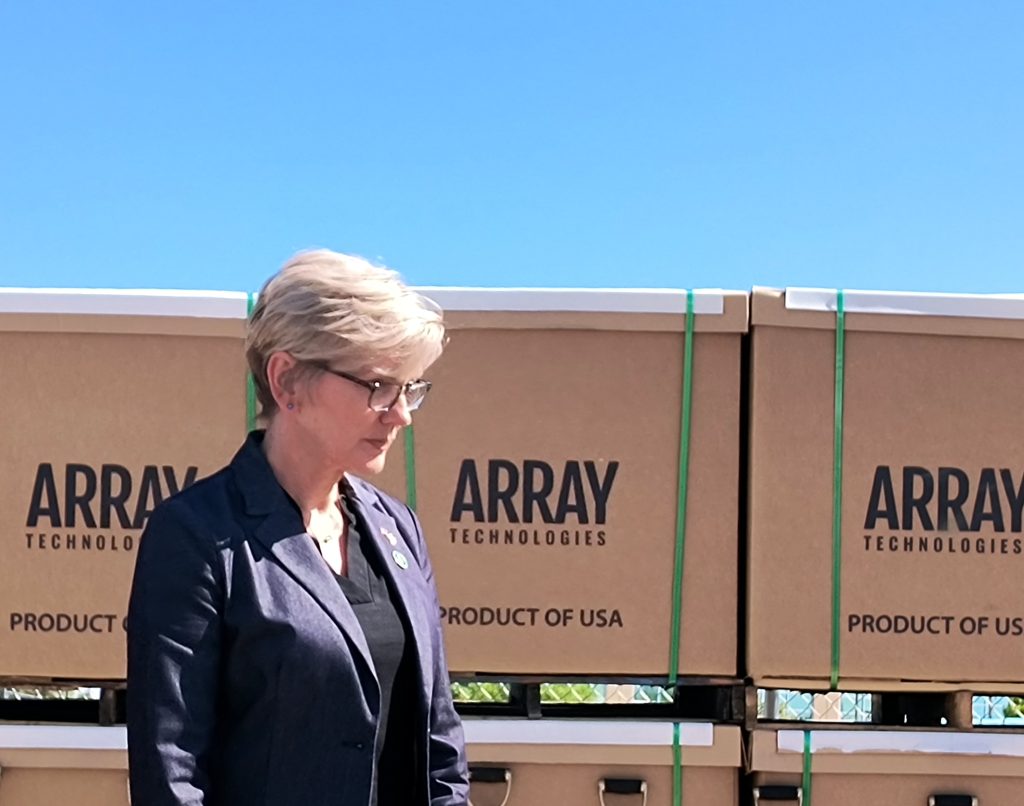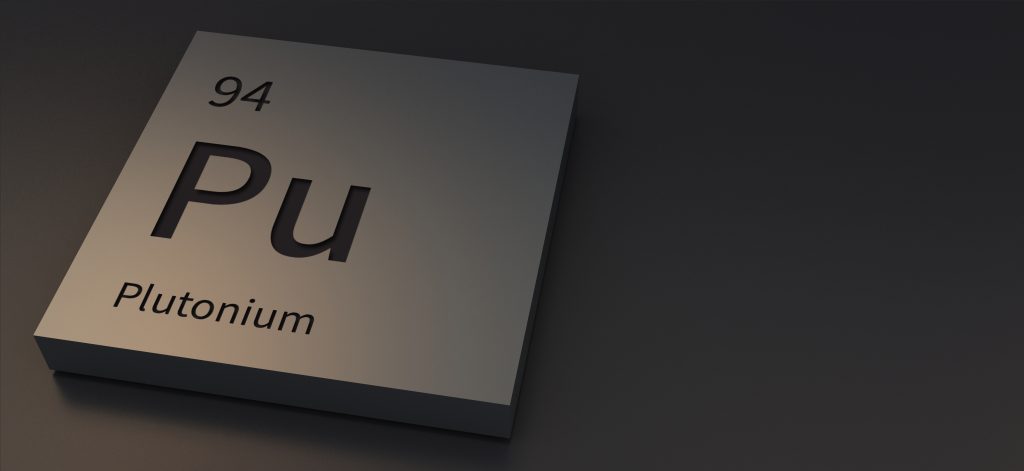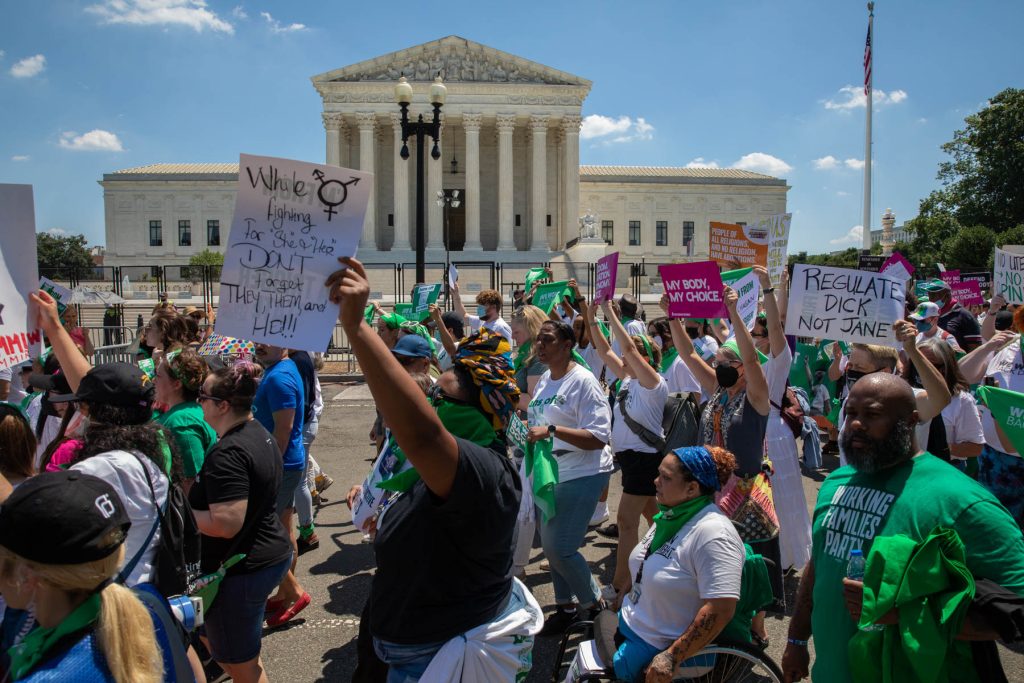Albuquerque residents have had an earful when it comes to revamping one of the city’s busiest streets. Local politicians have gone back and forth on whether the city should spend money on new buses and infrastructure along Central Avenue.

Note: A version of this appears in the November 4 edition of the ABQ Free Press.
The proposal for a Bus Rapid Transit system in Albuquerque has also received national attention from groups who have been fighting both sides of the issue across the United States.
In September the Rio Grande Foundation, a local free-market think tank, hosted a lunch with Cato Institute Senior Fellow Randal O’Toole. O’Toole’s writing mainly focuses on transit systems and how government money is spent on them. As one would expect from a Cato Institute fellow, O’Toole generally doesn’t support using of government funds for public transit.
While speaking to a crowd in Albuquerque, O’Toole disparaged light rail systems and Albuquerque’s proposed bus rapid transit system, known as Albuquerque Rapid Transit or ART, as wastes of space and taxpayer money. He characterized a streetcar proposal by former Albuquerque Mayor Martin Chavez as more space efficient than current Mayor Richard Berry’s ART proposal.
O’Toole said that Albuquerque’s existing Rapid Ride, which runs along Central Avenue, “works perfectly fine without exclusive bus lanes.”
Familiar with alternative means of transportation, O’Toole told the crowd in Albuquerque that he is “rather fond of trains,” but “not fond of train subsidies.” He also said he prefers to commute on a bicycle and claimed that he never commutes in a car. O’Toole writes op-eds for various news outlets around the United States, mainly opining how rail systems as a form of urban transportation do not work. He often writes about the advantages that rapid bus systems have over light rail systems.
“Cities that haven’t yet built light rail should plan rapid buses instead,” O’Toole wrote in the Tampa Tribune. “Cities that have light rail should expand their systems with rapid buses and plan to replace the rail lines when they wear out with more efficient buses.”
Outside influences?
Given O’Toole’s affinity for bus systems it came as a somewhat surprise to Angie Schmitt, an editor with StreetsBlog Network, that O’Toole opposed Berry’s proposal. She told New Mexico Political Report that when municipal leaders oppose new light rail systems they call people like O’Toole and he “trots out the same sort of dog and pony show” and promotes BRT systems.
In a recent post on StreetsBlog Schmitt wrote that O’Toole, through the Cato Institute and the Rio Grande Foundation, has ties to the Koch brothers. She pointed to the Rio Grande Foundation as one of the many small groups from around the country she said have ties to the Kochs, who in turn have a vested interest in the petroleum industry.
“They have this huge influence and they fund a lot of these organizations,” Schmitt said.
O’Toole told New Mexico Political Report the only thing he received from the Rio Grande Foundation was a trip to Albuquerque. He said he is often called on to speak about his research since the amount of experts in his field of studies are limited. As for getting paid by the Cato Institute, he said he is just paid to do research for them.
David Koch sits on the the Cato Institute board of directors; after a rift between the think tank and the billionaire brothers in 2012, Charles Koch no longer has a seat on the board. The two run Koch Industries and are among the richest people in the United States. Besides having a hand in oil and gas sales, Koch Industries has also made large donations to politically right leaning causes.
Paul Gessing, director of the Rio Grande Foundation, said claims that Koch Industries pushed for O’Toole to come to Albuquerque are unfounded. He said O’Toole was simply the best person for the job.
“He has written and studied transportation systems across the country and has a common-sense, free market perspective that is often missing in discussions of transportation policy,” Gessing told New Mexico Political Report.
If it’s not broken…
Berry’s proposal would essentially reorganize traffic lanes and designate two lanes on either side of the median for buses only. What is now a median would be designated stops where, according to ABQ Ride, buses would stop about every seven minutes. Berry and his administration have said the designated bus lanes would keep ART buses from getting caught up in traffic.
City Councilors voted in favor of using gross receipts tax revenue to help fund the project. The city also applied for $80 million in federal funding to help with the project.
During the recent City Council election, the three candidates who ran for the District 6 spot, where a majority of the ART would run, all had somewhat similar thoughts on the matter. All three candidates criticized Berry’s plan.
While O’Toole is generally more in favor of bus rapid transit over rail systems, he criticized Berry’s proposal.
“While the idea of bus rapid transit has merit, the city’s plan to dedicate lanes to buses and give buses priority over other traffic at signals will significantly increase the daily congestion faced by Albuquerque commuters” O’Toole wrote in the Albuquerque Journal.
O’Toole said his criticism of ART comes from municipal leaders jumping at the opportunity to take what seems like free money from federal grants.
“They want the free money,” O’Toole said of local politicians. “They’re like little dogs.”
O’Toole told New Mexico Political Report he doesn’t think the current system needs much improvement.
“You already have a rapid bus system,” O’Toole said of the current Rapid Ride lines along Central.
Schmitt said O’Toole is still being influenced by organizations like the Koch’s who push for things like highway subsidies but oppose funding for more public transportation infrastructure. She said his arguments about rail systems come across as highly partisan.
“His job is just to come say ‘Your local project is a waste of money,’” Schmitt said.
Still, O’Toole maintains that he is not pushing any agenda and the facts are on his side.
“They can’t attack the facts,” O’Toole said of his critics. “So they attack my integrity.”



















